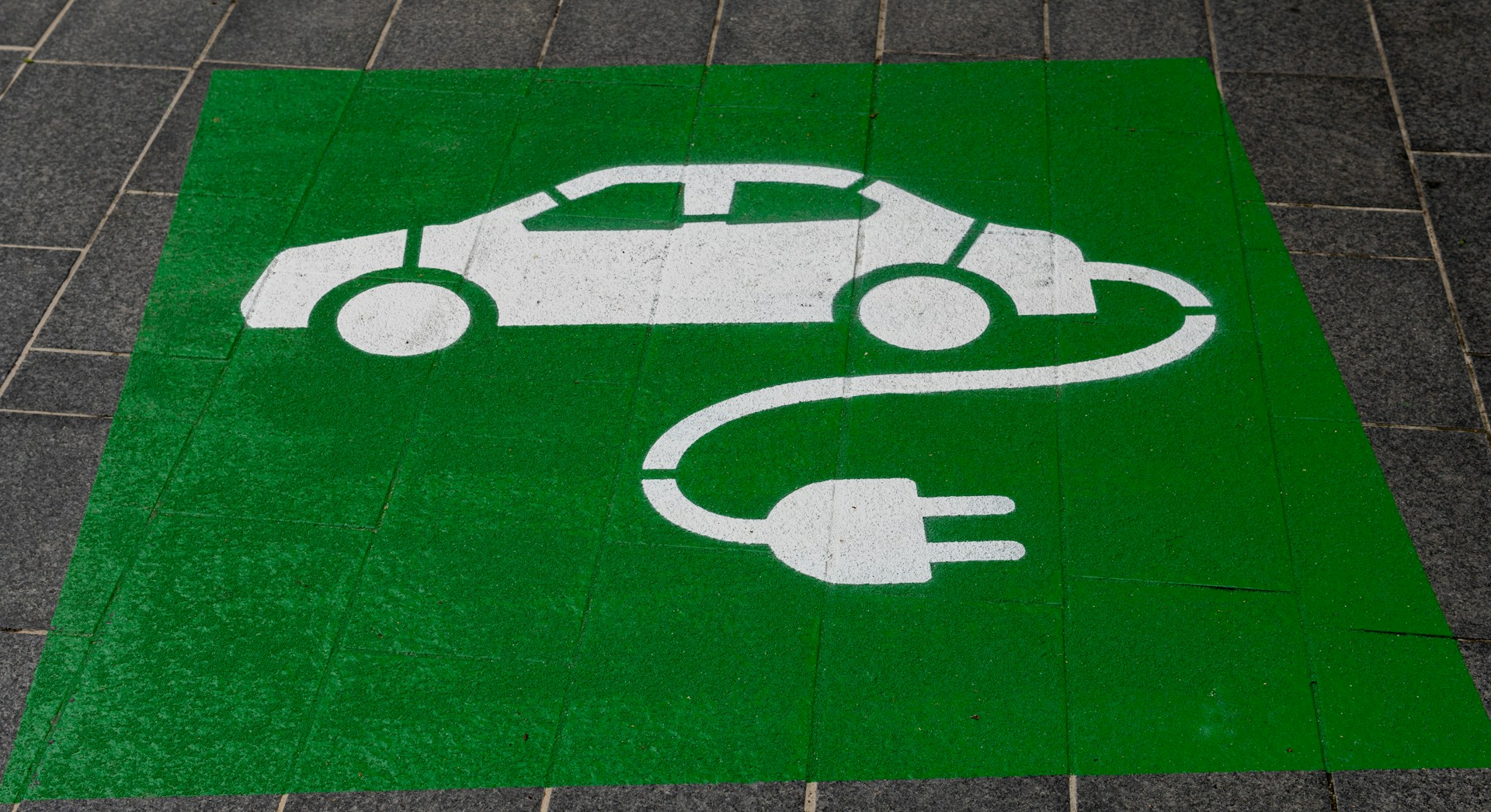Polls
EV Companies Are Going Bankrupt. Does This Prove Electric Vehicles Are Not Viable?

EV Companies Are Going Bankrupt. Does This Prove Electric Vehicles Are Not Viable?
Here’s The Scoop
The recent wave of bankruptcies among electric vehicle (EV) companies has raised serious questions about the sustainability and practicality of the EV industry. Despite heavy government subsidies and relentless media hype, companies like Lordstown Motors and Canoo have struggled to stay afloat, casting doubts on the viability of EVs as a long-term solution to our transportation needs.
Lordstown Motors, which was once heralded as the future of American manufacturing, filed for bankruptcy following a series of production delays and financial missteps. Similarly, Canoo, which aimed to revolutionize the EV market with its innovative designs, is now teetering on the edge of insolvency. These failures are not isolated incidents but part of a broader trend that suggests the EV market may not be as robust as its proponents claim.
Critics have long argued that the EV industry is propped up by government intervention rather than genuine market demand. Subsidies, tax breaks, and stringent emission regulations have created an artificial market that may not be sustainable in the long run. As we see more companies falter, it becomes increasingly clear that the free market is not fully onboard with the EV revolution.
Moreover, the environmental benefits of EVs are not as clear-cut as often presented. The production of lithium-ion batteries, a cornerstone of EV technology, involves significant environmental costs, including mining and energy consumption. Additionally, the energy grid still relies heavily on fossil fuels, raising questions about the true “green” credentials of these vehicles.
The implications of these bankruptcies are far-reaching. Investors are likely to become more cautious, potentially slowing the influx of capital into the sector. Consumers, too, may start questioning the reliability and practicality of EVs, especially when traditional internal combustion engines continue to offer better performance and range at a lower cost.
In summary, the recent financial troubles of EV companies underscore the need for a more balanced and realistic approach to our energy and transportation policies. While innovation in the automotive sector is essential, it should be driven by market forces and consumer preferences, not government mandates and subsidies. As the landscape continues to evolve, it’s crucial that we remain skeptical of grandiose promises and focus on pragmatic solutions that align with economic realities.
What do you think? Let us know by participating in our poll, or join the discussion in the comment section below!

Tracy
June 22, 2024 at 8:21 am
I know that many across America do not trust EV vehicles nor do they trust the Federal Government. I knew they would go bankrupt!
Don
June 22, 2024 at 9:48 am
As an electrical/electronics engineer for many decades, I have to say that I find them just a scam to restrict travel for the general population since you can stop, fill up, and be on your way in maybe 15 minutes where stopping to recharge batteries takes hours is a fact. I saw where one man bought a new truck, pulled into a charging station and attempted to recharge and received a notification on his dash that it would take 4 days to charge.
Dan Heartsill
June 22, 2024 at 9:56 am
I was at the grocery store a few weeks ago and a guy in a Tesla pulled in next to me. We got out at the same time so I how he liked driving a Tesla. He told me it isn’t too bad as long as you don’t mind driving a pain in the a**. He said the recalls, the distance you can drive before a charge, the time it takes to charge, and the danger in charging in the garage at home make it not worth it plus the price to buy the thing. He said this is his last one.
Thomas A Harrison
June 22, 2024 at 5:11 pm
I sell trucks and Vans for a living. The General Population does not want EV’s. The USA has so much petroleum in the ground now plus reserves. It can sustain us for the next 100 years. We do not have a sustainable electric grid that can produce that much power to push toward an electric infostructure.
Mark Smith
June 23, 2024 at 10:29 am
the USA has enough OIL to last the next 4-600 years as it stands now, and OIL keeps regenerating the Earth is always making more of it. what ever dies on this planet turns to OIL at some point. that BIG Scare tactic (WE are about to run out of OIL) is just that a SCARE tactic.
Jerry C.
June 22, 2024 at 7:31 pm
Hybrids make sense. EVs are idiotic unless you never leave the city, on top of the fact that the electrical grid in this country cannot presently handle the loads put on it by summer air conditioner usage yet everyone should be charging their cars, as well?
Herb Haughton
July 4, 2024 at 6:03 pm
Hybrids are the only thing that makes sense. Until General Motors senior staff realize that they are and will be way behind the competition.
Alton R Clark
June 24, 2024 at 1:34 pm
The same thing with Obama’s solar panels, they took our money and then went bankrupt.
Bob
June 30, 2024 at 10:40 am
If someone wants an EV, let them buy one. But don’t force the taxpayer to pay for subsidies and charging stations. The government is corrupt. Is that not obvious. There is only one way to change this. Vote for Trump and a Republican House and Senate. Actions speak louder tha words.